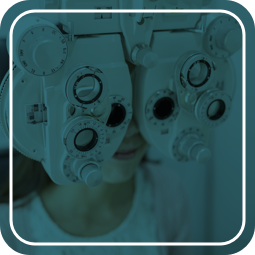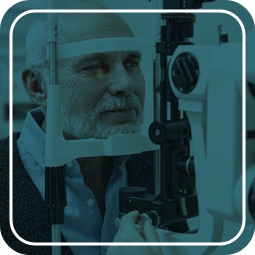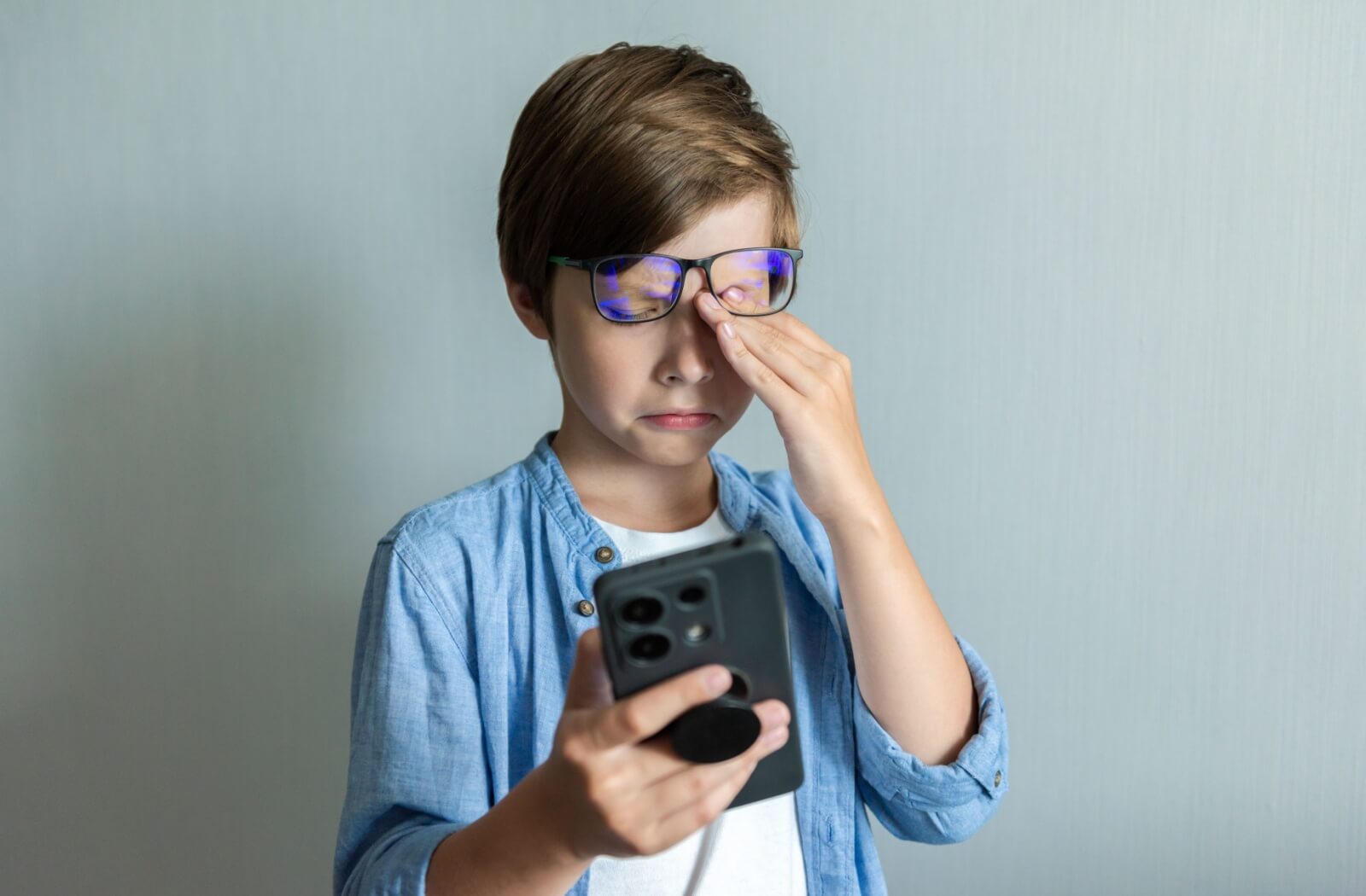Choosing LASIK
LASIK can be a convenient alternative to eyeglasses and contact lenses. Meeting with your optometrist for a consultation is a chance to ask questions and determine if you’re a good candidate for laser eye surgery. Many patients experience minimal symptoms, but knowing what to expect can help patients prepare.
Other common laser eye surgery options include:
- SBK
- Flapless SMILE
- PRK
SBK and SMILE allows for clear vision within the first week post operative, while PRK can take months to heal. If you are ineligible for corneal laser eye surgery, clear lens extraction or refractive lens exchange may be the only options available to you. A consultation with your trusted optometrist can help you determine which type of vision correction surgery is best for you.
Patients choosing LASIK or any eye surgery can have a lot of questions. One of the most frequently asked questions is when patients can expect clear vision.
Post-Operation Blurriness
How you feel after your LASIK procedure is a personal experience. Many patients immediately experience corrected vision. However, some patients can have fluctuating vision for the first few days as the cornea heals. Your vision may also start sharp but then fluctuate later.
Some disrupted vision, or blurriness, is expected immediately after surgery. Patients may also feel burning, itchiness, or discomfort up to 3 days after surgery. Other typical symptoms include:
- Glare or light sensitivity
- Halos around lights
- Hazy or foggy vision
Within 48 hours after your LASIK procedure, you’ll meet with your eye surgeon for a follow-up appointment. They’ll assess your eyes and the results, but it’s crucial to voice any concerns or notable symptoms.
Additionally, patients should have an eye exam with their optometrist after surgery to evaluate eye health and discuss symptoms. If you continue to experience blurriness or other vision problems, your optometrist can recommend the next steps.
What to Expect Immediately After Surgery
Patients should arrange transportation after surgery and avoid activity, work, or outings for a few days. Some patients can return to normal after 24 hours, but it can take 2–3 months for vision to stabilize completely.
On the day of LASIK, or any refractive surgery, the most common symptom is fatigue. You may feel tired within the initial hour or after a few hours. When your eyes are tired, it can cause blurry vision. It’s normal to feel exhausted for a few days after surgery, so rest after your procedure is crucial.
Your surgeon will provide an eye shield (or sunglasses) after surgery and may instruct you to wear it while sleeping. Wearing an eye covering while resting can prevent any rubbing or eye touching. Touching your eyes can move the corneal flap out of position, disrupting the healing process.
Dislodging the corneal flap can cause pain. Contact your eye doctor if you experience pain after rubbing your eye or lasting eye discomfort after your follow-up appointment. You may also experience eye discomfort because of other complications, including dry eye or infection.
Your eye surgeon will prescribe eye drops to reduce dry eye symptoms and prevent infection. Following the recommended aftercare instructions can support recovery. Some patients may continue to use artificial tears for dry eyes and wear sunglasses for at least a year.
For the first few days after surgery, you should avoid using:
- Eye creams
- Facial lotions (around/above eyes)
- Makeup (face & eyes)
- Perfume & aerosols
Avoiding Screens After Surgery
We love our digital devices, so you may be tempted to sneak a peek at your phone or TV screen. But LASIK patients should avoid looking at digital screens, even if they usually use screen time to help them relax.
Screen time after LASIK won’t damage your eyes. But staring at a digital screen doesn’t allow your eyes to rest. Screen time can cause digital eye strain, particularly when your eyes are already tired post-surgery. Post-operation, you may experience dryness, and screen time can worsen dry eye.
LASIK patients tend to experience light sensitivity, including the light from a digital device. Avoiding screen for 24 hoursafter surgery reduces the risk of eye strain and increased dryness. Taking a visual break allows your eyes to recover.
Aftercare Tips
Sleeping after your LASIK procedure can benefit your recovery. But maybe you’re too excited to test your new vision or anxious about eye symptoms. Here’s a relaxation tip: Ask a friend or family member to turn on music, a podcast, or a show—with the screen pointed away. Having something on in the background can be a welcome distraction. Music, in particular, has multiple benefits, including:
- Lowering stress levels
- Helping listeners fall asleep
- Reducing anxiety
If you don’t have a roommate or family member available to hang around after your surgery, create a playlist beforehand. Then, you won’t need to worry about setting up your comfort show or favourite podcast while you’re resting your eyes.
Patients should wait at least 24 hours before showering after LASIK and at least 2 weeks before swimming or using a sauna. But if you’re eager to wash after surgery, you can still take a bath. As long as you prevent water and cleaning products from reaching your eyes, it’s safe to wipe away any daily grime with a towel or cloth.
Visit Us for LASIK Aftercare
LASIK, or any eye surgery, is a big decision. Adding your optometrist to your team can ensure you receive support before and after your surgery. When you experience symptoms, including blurry vision, we can help. We’re available to provide more aftercare tips and advice about long-term healthy vision.Contact Downtown Eyecare today for a laser eye surgery consultation. Book an appointment today!















